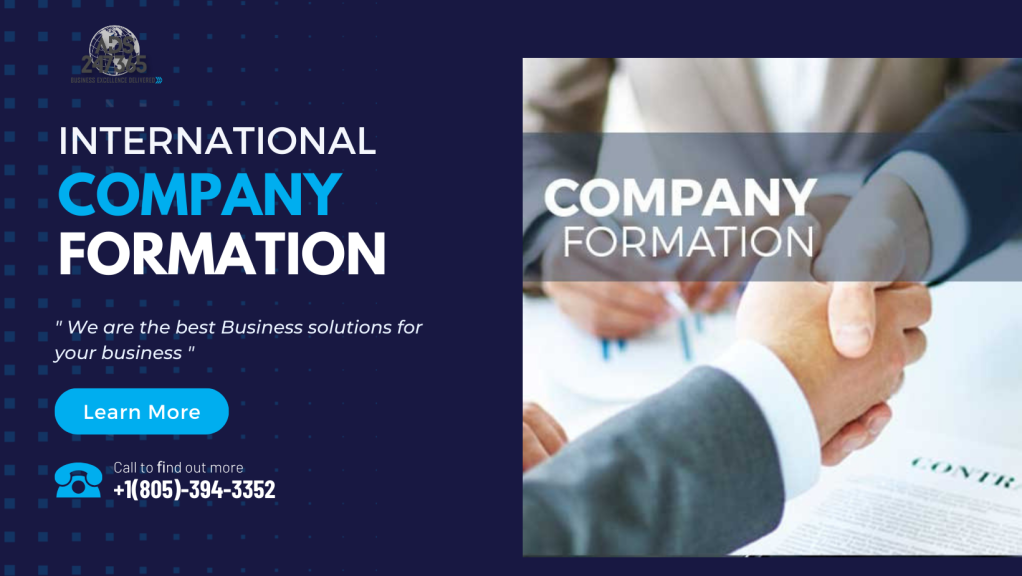Running a small business can be rewarding and challenging, but it also comes with many legal issues and risks. As a small business start-up founder, you need to be aware of the laws and regulations that affect your business, and how to comply with them. You also need to protect your business from potential lawsuits, disputes, or liabilities. In this blog post, I will discuss five common legal issues that small businesses legal advice face, and how to avoid them.
- How does the right business structure help?
One of the first and most important legal advice you need is to create the right business structure for your start-up business. The business structure you choose will affect your tax obligations, personal liability, management and governance, and funding options. Some of the common business structures are:

- Sole proprietorship: This is the simplest and most common business structure, where you are the sole owner and operator of your business. You have full control and responsibility over your business, but you also have unlimited personal liability for your business debts and obligations.
- Partnership: This is a business structure where two or more people agree to share the ownership, profits, and losses of a business. You can have a general partnership, where all partners have equal rights and responsibilities, or a limited partnership, where some partners have limited liability and involvement. You need to have a written partnership agreement that outlines the terms and conditions of your partnership.
- Corporation: This is a business structure where your business is a separate legal entity from you and your shareholders. You have limited personal liability for your business debts and obligations, but you also have more tax, legal, and administrative requirements. You need to register your corporation with the state and follow the corporate laws and regulations.
- Limited liability company (LLC): This is a hybrid business structure that combines the features of a corporation and a partnership. You have limited personal liability for your business debts and obligations, but you also have more flexibility and simplicity in your tax and management. You need to file an article of organization with the state and follow the LLC laws and regulations.
To build the right business structure for your business, you need to consider your business goals, risks, and needs, and consult with a professional accountant or lawyer.
2. Protecting your intellectual property
The common legal issue that small businesses face is protecting their intellectual property (IP), which is the intangible assets that give your business a competitive edge, such as your name, logo, slogan, products, services, ideas, or inventions. You need to protect your IP from being copied, stolen, or misused by others, by using the following methods:
- Trademark: This is a symbol, word, or phrase that identifies and distinguishes your products or services from those of others. You need to register your trademark with the U.S. Patent and Trademark Office (USPTO) and use the ® symbol to indicate your ownership.
- Patent: This is a right that grants you the exclusive authority to make, use, or sell your invention for a limited period. You need to apply for a patent with the USPTO and disclose the details of your invention in exchange for protection.
- Copyright: This is a right that protects your original works of authorship, such as books, articles, music, movies, or software. You do not need to register your copyright with the U.S. Copyright Office, but it is advisable to do so to enforce your rights. You need to use the © symbol to indicate your ownership.
To protect your IP, you need to conduct thorough research and analysis of the existing IP in your industry and domain and consult with a professional IP lawyer.
3. Complying with tax laws and regulations
For small businesses, another common advice for legal issues is complying with tax laws and regulations, which can be complex and confusing. As a small business owner, you need to pay various taxes to the federal, state, and local governments, such as:
- Income tax: This is a tax that you pay on your business income, which can be calculated differently depending on your business structure. You need to file an annual income tax return and pay quarterly estimated taxes throughout the year.
- Sales tax: This is a tax that you collect and remit to the state and local governments on the sales of your products or services. You need to register for a sales tax permit and file periodic sales tax returns.
- Payroll tax: This is a tax that you withhold and pay to the federal and state governments on the wages and salaries of your employees. You need to obtain an employer identification number (EIN) and file regular payroll tax reports and payments.
- Self-employment tax: This is a tax that you pay to the federal government on your net earnings from self-employment, which covers your Social Security and Medicare contributions. You need to file a Schedule SE with your income tax return and pay quarterly estimated taxes.
To comply with tax laws and regulations, you need to keep accurate and complete records of your business income and expenses and consult with a professional tax preparer or accountant.
4. Drafting and reviewing contracts and agreements
Further, small businesses face legal concerns regarding drafting and reviewing contracts and agreements. They are essential for establishing and maintaining your business relationships with your customers, clients, suppliers, partners, employees, and others. For this can also opt for online legal services for startups to receive genuine advice. You need to ensure that your contracts and agreements are clear, fair, and enforceable and that they cover the following aspects:
• The parties, scope, and purpose of the contract or agreement
• The rights, responsibilities, and expectations of each party
• The payment terms, methods, and schedules
• The delivery terms, methods, and schedules
• The warranties, guarantees, and liabilities of each party
• The dispute resolution and termination clauses
• The signatures and dates of each party
To draft and review contracts and agreements, you need to use plain and simple language, avoid ambiguous or vague terms, and consult with a professional contract lawyer.
5. Handling lawsuits and disputes
Online legal services for startups can be looked up regarding legal issues that small businesses face in handling lawsuits and disputes. They arise from various sources, such as customers, clients, suppliers, partners, employees, competitors, or regulators. You need to prevent and resolve lawsuits and disputes as quickly and efficiently as possible, by using the following methods:
- Negotiation: This is a process where you communicate and cooperate with the other party to reach a mutually acceptable solution, without involving a third party. You need to be respectful, reasonable, and flexible and try to understand the other party’s perspective and interests.
- Mediation: This is a process where you involve a neutral third party, called a mediator, who facilitates the communication and negotiation between you and the other party, and helps you reach a voluntary agreement. You need to be honest, cooperative, and open-minded and try to find a win-win solution.
- Arbitration: This is a process where you involve a neutral third party, called an arbitrator, who hears the arguments and evidence from both parties and makes a binding decision. You need to be prepared, organized, and persuasive and try to present your case clearly and convincingly.
- Litigation: This is a process where you involve a court of law, where a judge or a jury hears the arguments and evidence from both parties and makes a final judgment. You need to hire a professional litigation lawyer, who can represent and defend your interests and rights, and try to achieve the best possible outcome.
To handle lawsuits and disputes, you need to keep calm, professional, and respectful, and consult with a professional lawyer.
Conclusion
Running a small business can be rewarding and challenging, but it also comes with many legal issues and risks. As a small business owner, you need to be aware of the laws and regulations that affect your business, and how to comply with them. You also need to protect your business from potential lawsuits, disputes, or liabilities. Some of the common legal issues that small businesses face is:
- Choosing the right business structure
- Protecting your intellectual property
- Complying with tax laws and regulations
- Drafting and reviewing contracts and agreements
- Handling lawsuits and disputes
To avoid these legal issues, you need to consider your business goals, risks, and needs, and consult with a professional lawyer for legal advice or you can opt for online legal services for startups.








Leave a comment